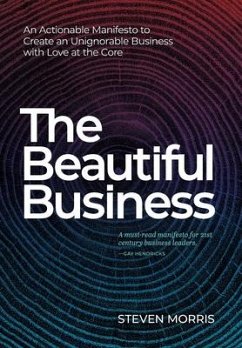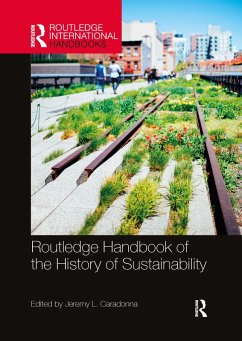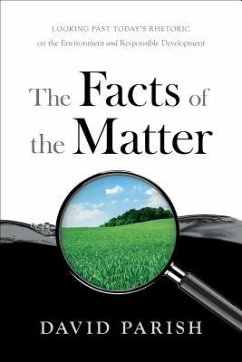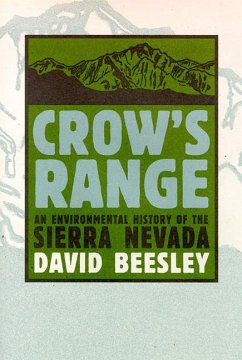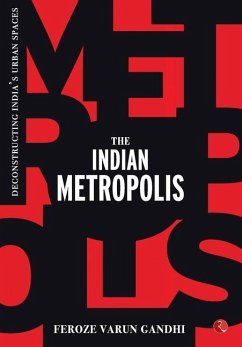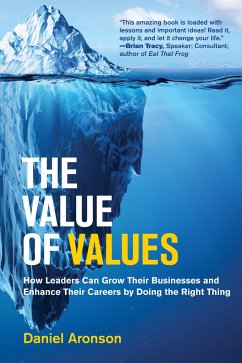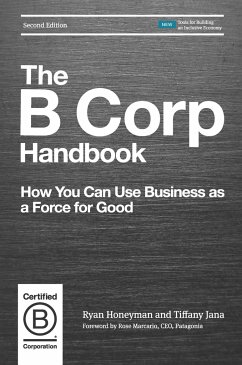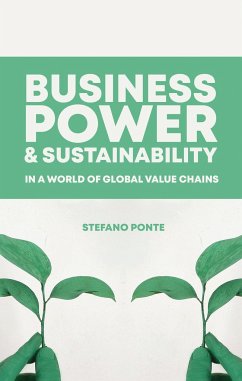Nicht lieferbar
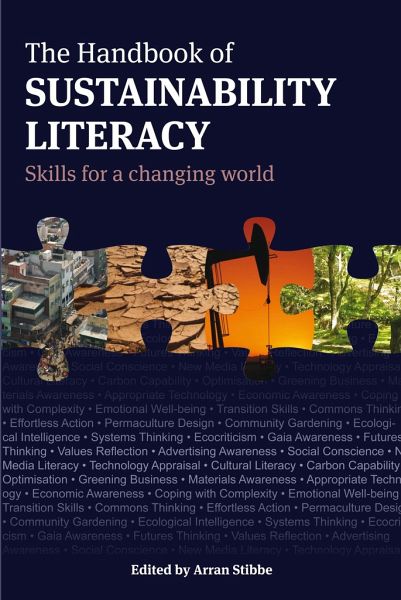
The Handbook of Sustainability Literacy: Skills for a Changing World
In this ground-breaking book, leading sustainability educators are joined by permaculturists, literary critics, ecologists, artists, journalists, engineers, mathematicians and philosophers in a deep reflection on the skills that people need to survive and thrive in the challenging conditions of the 21st century.






